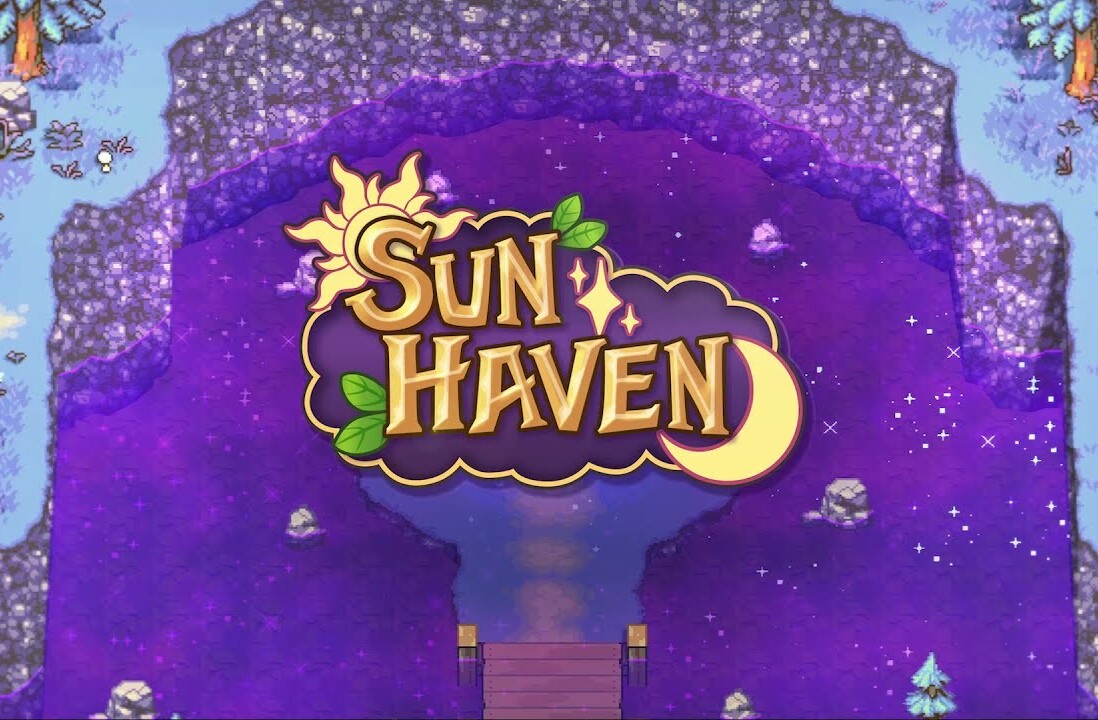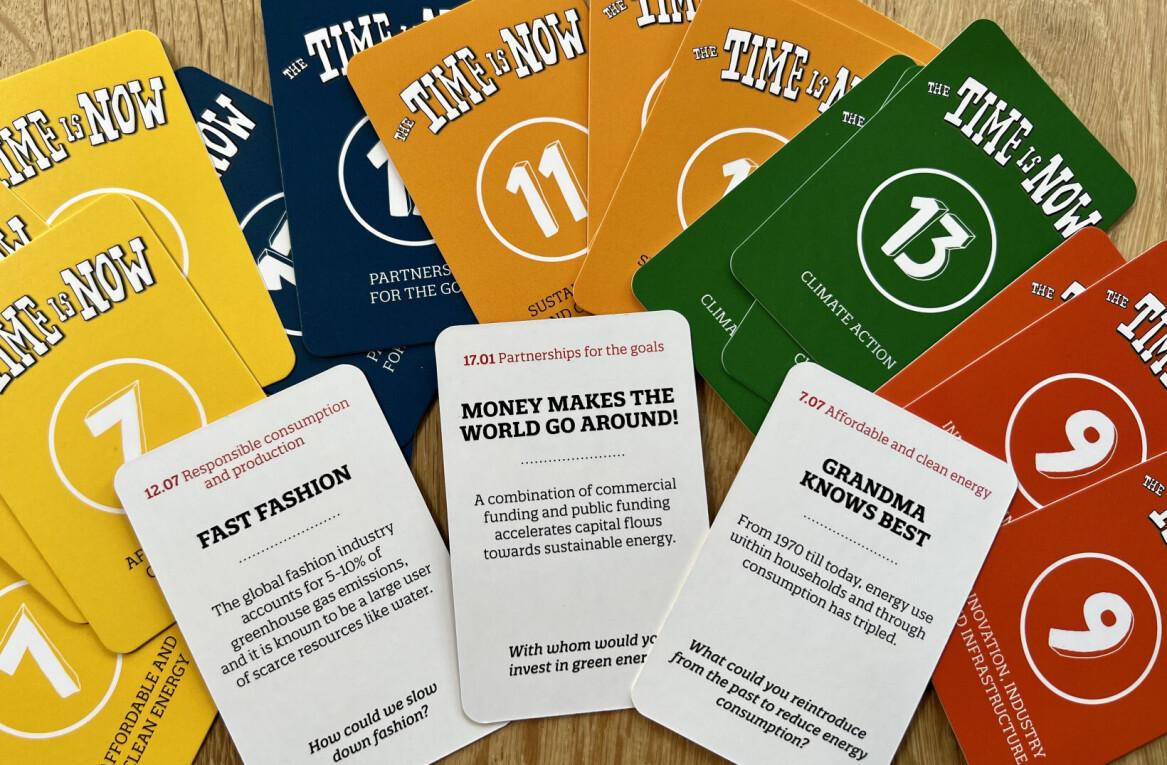
Valve today released an update on Steam which allows users to restrict certain games from showing up in their search results. It also clarified which games, exactly, it won’t allow on the platform — or, more precisely, it made its position marginally less vague.
Earlier this year, following the banning of certain controversial games, Valve announced it’d be more hands-off with regards to what games would be allowed to darken Steam’s door. Anything would be allowed, and Valve of its responsibility: “We believe you should be able to express yourself like everyone else, and to find others who want to play your game.”
The only exceptions to this would be games that “are illegal, or straight up trolling.” Illegality is one thing — and usually a pretty obvious thing. But the second is a little murkier. A troll is sometimes in the eye of the beholder — so how would Valve define one of them?
But now, while announcing a new update to Steam, Valve decided to be a bit more clear about what it considers to be “straight up trolling.” The definition of what constitutes a troll or scammy game appears to be as follows:
On Steam, some are simply trying to rile people up with something we call “a game shaped object” (ie: a crudely made piece of software that technically and just barely passes our bar as a functioning video game but isn’t what 99.9% of folks would say is “good”).… the thing these folks have in common is that they aren’t actually interested in good faith efforts to make and sell games to you or anyone. When a developer’s motives aren’t that, they’re probably a troll.
Valve goes on to say the game could be attempting to suck money from user’s pockets — the game which allegedly mined cryptocurrency being a good example — or it could actively be attempting to cultivate negativity, a la Active Shooter. In any case, Valve said it’s more likely to ban the developer than the individual game submission, since their intentions usually carry over between games.
Before now, Steam had been very obscure about what games it would ban — but it had always made it clear the option was on the table. Should some game sneak onto the platform thanks to the company’s laissez-faire attitude, there’s always that catch-all justification for banning it.
Now Steam is attempting to provide a yardstick for what will violate its lenient policies, but as far as actually describing what won’t be accepted, this feels like the bare minimum. Basically, it sounds like something Valve will just know when it sees it, as good ol’ Supreme Court Justice Potter Stewart said back in the day.
The update to Steam will allow gamers to restrict certain developers and publishers, meaning their games will no longer appear in recommendation queues or search results. You’ll also be able to turn off “mature” games, though this is dependent on developers marking them as such.
Get the TNW newsletter
Get the most important tech news in your inbox each week.





